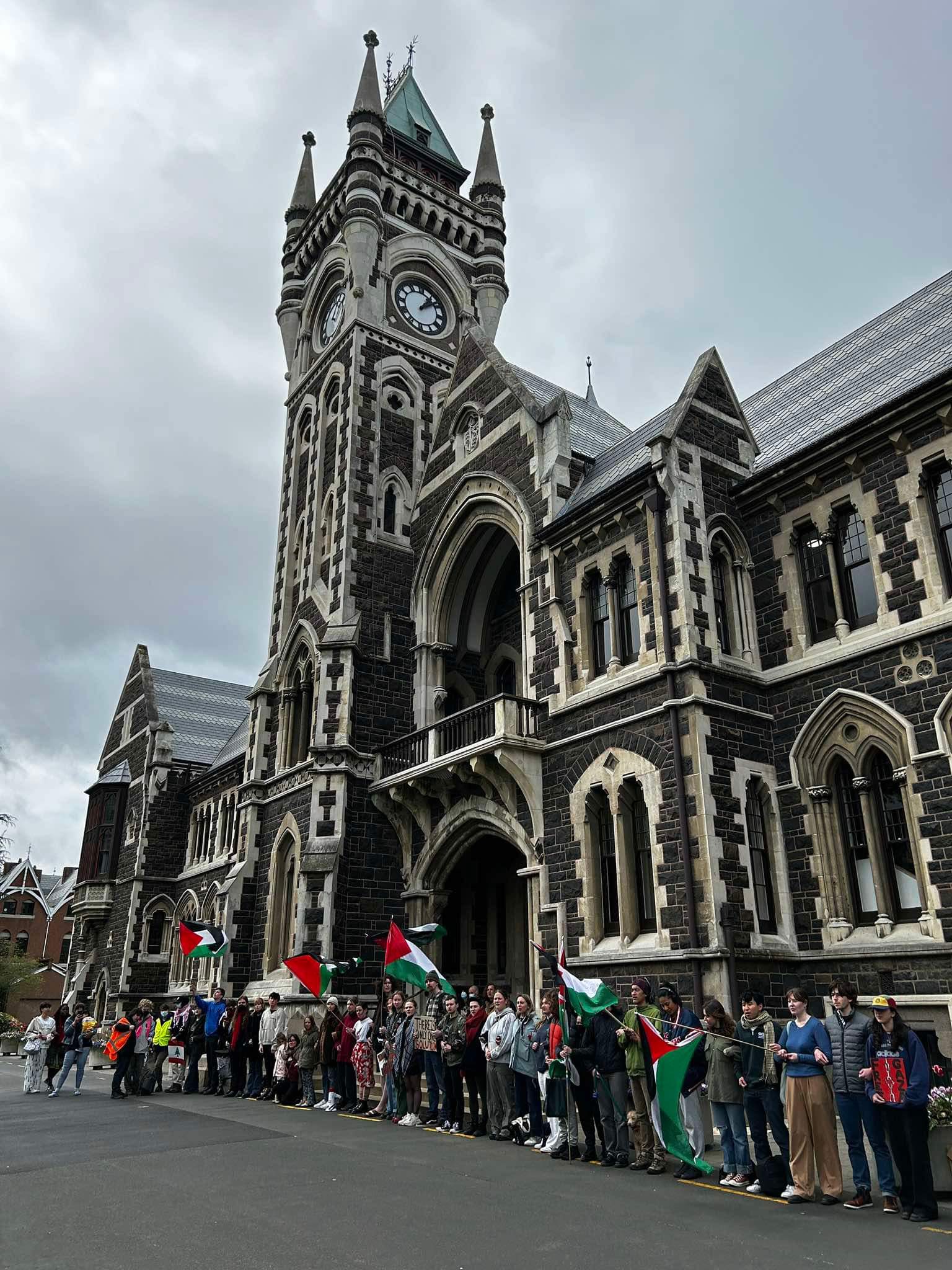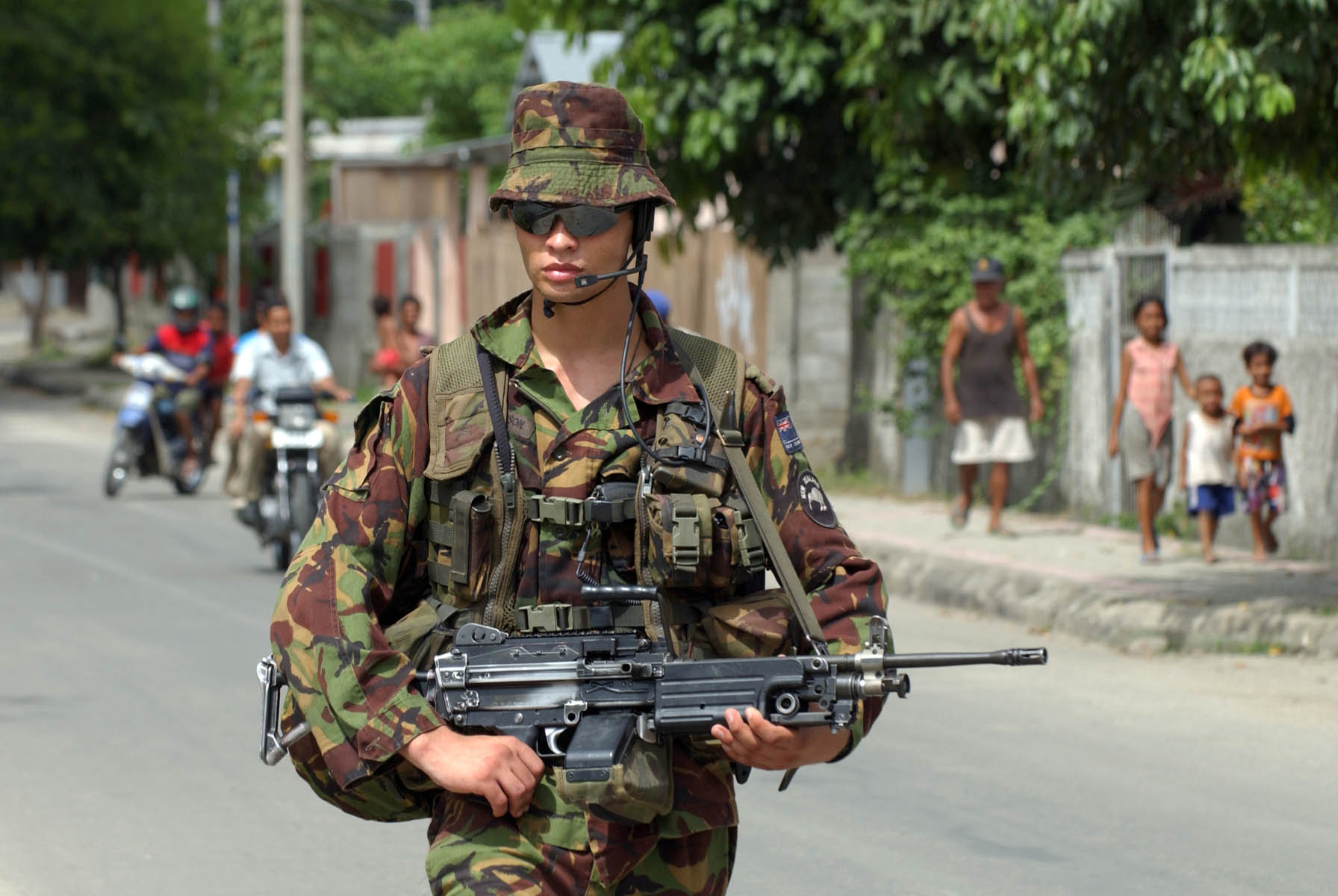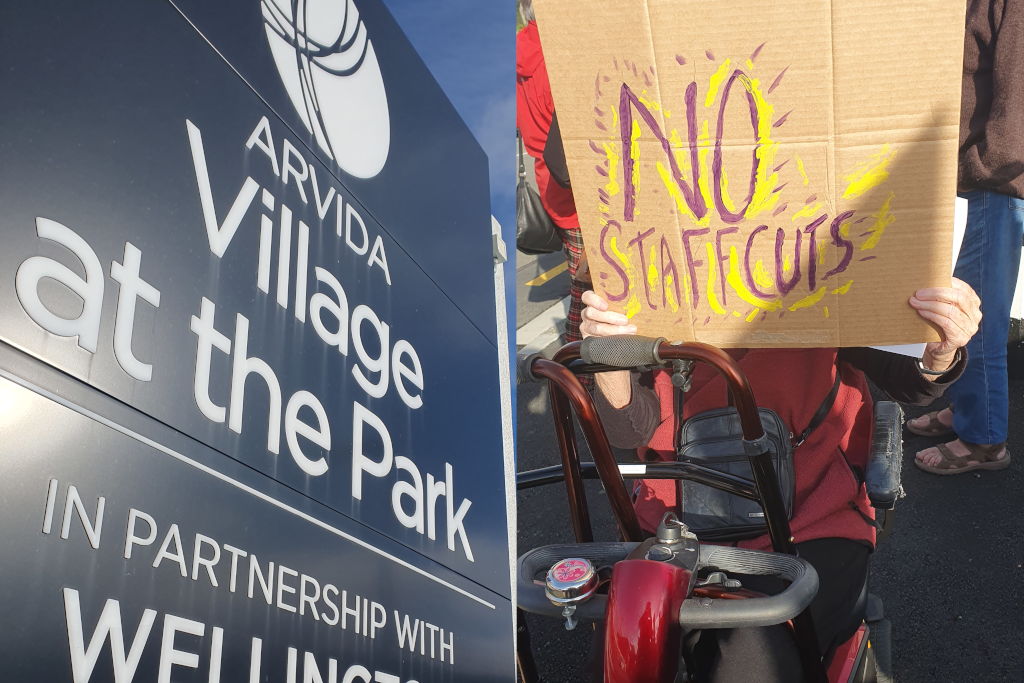The Cabinet’s decisions to drop Auckland from Level 4 to Level 3, and then on Monday 4 October to ease Level 3 restrictions, unnecessarily risks the Delta outbreak getting out of control. The proportion of the population vaccinated was far too low to justify these steps. It was still undecided whether under-12s could be safely vaccinated. It is not just the ISO that is thinking this way. In response to the easing off, microbiologist Siousxie Wiles said “I’m kind of gutted I think. Partly because I thought this would be a step we’d be taking some time next year when we had vaccines available for all of our children and better treatment.” And Wiles sheets home the class character of the latest changes. It is the poorest who shoulder the greatest risk: “What’s so distressing about this approach is that the burden is not going to be felt equally. We’ve seen this with whose been calling for the lifting of restrictions. It’s been the wealthy and privileged. That’s because they have access to private health care and they’re not going to be as affected.”
When Auckland was under Level 4 the country became close to elimination. All that was needed was for people, essential workers aside, to stay at home longer while those infected recovered. But the government caved to the unrelenting clamour of business people to open up the economy. It may still be possible to defeat the current outbreak, but the regularity of unlinked cases and its geographical spread is ominous. Instead of easing-up and sending out completely wrong signals, the government must immediately re-impose Level 4, guarantee workers’ incomes, freeze rents, and go back to speaking the language of social solidarity. Whether or not elimination can be achieved, the government must buy time for the vaccination programme. Rent freezes can do this; targeted payments; a moratorium on drug prosecutions and arrests to reach those who, with good reason, do not trust the state.
On 3 October, Professor Michael Baker and colleagues at Otago University published a hard-hitting critique of the government’s strategy. They say:
This strategy was reasonably sound but is now threatened by the Delta variant outbreak which began on 17 August and has now continued for more than 6 weeks in Auckland. Application of Alert Level 4 restrictions stopped widespread transmission within 2-3 weeks. However, there has been a persistent tail of transmission and the decision to step down to Alert Level 3 will have generated increased opportunities for transmission. The regular detection of unexpected cases in settings such as hospitals (notably Middlemore and Waitākere) and on screening people being taken into custody (prisons, police stations), suggests ongoing transmission in the community.
Until now Aotearoa’s success in keeping COVID-19 at bay was a shining beacon for putting public health first. As such, it was a standing rebuke to other governments for their failures to protect their populations. In the UK “freedom” means 30,000-40,000 cases a day and hundreds of deaths each week. If Aotearoa had the same ratio of COVID deaths to population as the UK we would have had 10,000 deaths due to the pandemic instead of the 27 to date. Now ruling classes around the world are crowing at Ardern’s retreat from the elimination strategy.
The New Zealand government’s reaction to the pandemic has been far from perfect, but we of the ISO have given credit where due for the elimination strategy and we have aligned ourselves with the government’s public health approach against unceasing criticism from the business community and its political representatives. However, we always knew that the Labour government was fundamentally a pro-business, capitalist government. That they have caved is shocking but not a complete shock.
While pressure to squeeze out the current outbreak needs to be kept up, vaccination is the only long-term solution. Vaccination rates, however, are currently far too low to run the risks of easing up on the elimination strategy.
The fight against the deadly virus is conditioned by the class nature of New Zealand capitalist society and its history. We have gross inequalities where economic deprivation and racial oppression come together. Decades of under-investment in the health service, under-investment and rundown of state housing, and inadequate benefits are the background for the slow and low rates of vaccination.
There just have not been the resources in nurses and health staff for a truly intensive vaccination campaign able to drill down to a very local level with door-to-door work. The Spinoff website has an interactive map of the country that gives percentages of vaccination suburb by suburb. It a graphic illustration of the correlation between class and vaccination rates.
Working-class people are more vulnerable to the virus all round. Not everybody can work from home; frontline and manual workers are more exposed. With poverty and bad, overcrowded housing come health conditions that compromise recovery if the virus is contracted.
It was absolutely inevitable that lower vaccination rates would correlate with levels of deprivation. The government’s change of tack from elimination to reliance on vaccination leaves the worst off in society, preponderantly Māori and Pasifika, vulnerable to the virus. Professor Baker et al state:
Covid-19 infection appears to be established in groups who experience deprivation and marginalisation, notably people living in emergency and transitional housing (many of whom have substance use dependencies and mental distress). Controls operating at Alert Level 4 were not able to extinguish such transmission, suggesting that we need a fresh approach. Multiple factors are likely to be contributing to this situation, including insufficient engagement with affected people, families, and groups; lack of trust in officials; and the multiple effects of long-term poverty, deprivation and crowded and precarious housing.
This is a question of class, not the culture of Māori, Pasifika, or any other group. With poverty comes a lot of negatives such as: mental health problems; drug or alcohol dependency; and so on. We must leave to the comfortable middle-class any tut-tutting aimed at Māori for lower take up of vaccination. And those seeking to judge others for low rates of vaccination should ask why these groups distrust the state. If your main interactions are with the police and Oranga Tamariki, is it any wonder? It is resources that are needed. The outreach work that has taken place is to be applauded, but more can be done. Professor Baker and his colleagues have put together a comprehensive action plan. Their first point is:
Enhancing Covid-19 control in groups who experience deprivation and marginalisation; this is key and requires a dedicated strategy, leadership by trusted members of those communities, an expanded role for Māori and Pacific providers, and models of care that are equity focussed and culturally safe across all providers
The Ardern government must not be allowed to hide behind an emphasis on vaccination to justify watering down the elimination aim to only suppression of Delta. It must reverse the loosening of restrictions, which the virus will surely exploit. There must be an intensive, socially equitable vaccination campaign and the widespread use of vaccine mandates. Vaccination targets must be set very high, probably in the high 90 percents, before immunisation takes over as the main defence against COVID-19.









